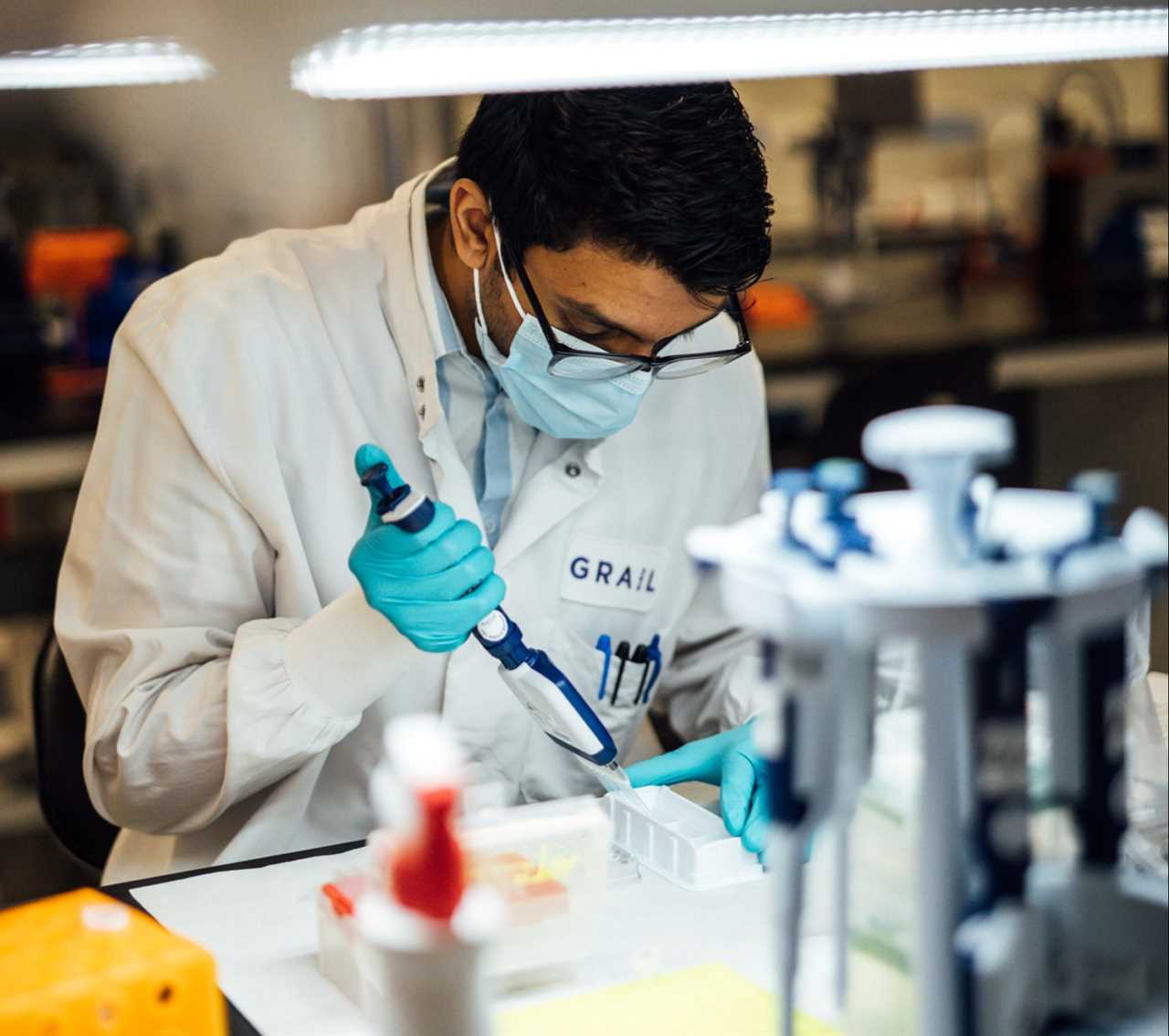
A groundbreaking blood test screening has been found to detect over 50 types of cancer in individuals who show no symptoms, according to researchers at New York's Memorial Sloan Kettering Cancer Center. The test, developed by the company Grail, utilizes a single blood sample to search for fragments of cancerous DNA circulating in the body. In a trial of 6,662 people aged 50 and over, the test yielded a positive result for 92 individuals, 35 of whom were later diagnosed with cancer. This early detection has the potential to greatly enhance the chance of survival by allowing for earlier treatment.
Unprecedented Early Detection and Diagnosis
During the trial, the blood test successfully identified cancer in 35 individuals before any symptoms became apparent. This ability to detect tumors at such an early stage, when treatment is most effective, is truly groundbreaking. Additionally, the blood test has the potential to uncover types of cancer for which there are currently no existing screening tests available. These findings, published in the prestigious medical journal The Lancet, mark significant progress in the field of cancer screening.
Concerns and Considerations
Although the results of the blood test are promising, there are concerns among experts about the potential impact on mental health and the added strain on the National Health Service (NHS). False-positive results, in which individuals are told they have cancer when they do not, can have devastating psychological effects. Additionally, the additional testing required for confirmation could overwhelm the already burdened NHS. Dr. Richard Lee, a cancer doctor at the Royal Marsden in London, caution that while the early evidence is exciting, the potential risks must be carefully considered.
Previous Success in Cancer Detection
The blood test developed by Grail has been the subject of extensive research due to the crucial role early detection plays in reducing cancer mortality rates. An earlier trial conducted at Oxford University this year confirmed the test's effectiveness in detecting cancer in the blood of individuals presenting with symptoms. In a study of 5,461 patients at NHS hospitals in England and Wales, the test accurately identified cancer in 244 of the 368 patients who had the disease. Furthermore, the test yielded a correct negative result for 98% of individuals without cancer, sparing them from further unnecessary testing.
This breakthrough in blood testing offers hope for earlier cancer detection, which could significantly improve survival rates. However, further research and consideration are needed to address the potential psychological and logistical challenges posed by false-positive results and the strains placed on healthcare systems.






